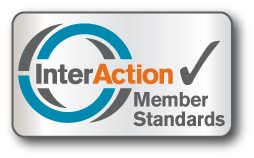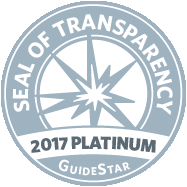WEEMA Board member, Habtamu Lamore
Strategies for achieving community-led development
While “community-led development” is gaining traction in the development and humanitarian sectors, putting those words into practice is still a big challenge for many nonprofit groups, philanthropists, and government agencies.
This month, WEEMA board member Habtamu Lamore joined global experts to examine what it takes for organizations to truly achieve community engagement and empowerment – key bedrocks of community-led development – in their day-to-day work. The symposium was organized by the Movement for Community-Led Development, a group of 63 global organizations, including WEEMA International, as well as Save the Children, World Vision, and the Hunger Project.
“The bottom line is authenticity,” said Nancy Wilson, CEO of Relief International, who kicked off the all-day gathering in Washington DC. “If we’re going to say we understand the community and what programs are appropriate for that community, then we have to truly understand the community, not our impressions of the community, but their understanding of themselves. Not our assessment of their needs but their assessment of their own assets and aspirations.”
Bonnie Glick, Deputy Administrator of USAID, echoed the sentiment and referred to the agency’s commitment to fostering self-reliance. “If you’re doing something for other people that they could do themselves, you’re not doing them any favors,” she said. “In fact, you’re probably doing them harm.”
Here are some of the key takeaways of the meeting:
Words Matter: Participants agreed that organizations should be sensitive about not using terms such as “beneficiaries,” that undermine community members’ direct involvement and ownership in projects. Words that show the important role played by community members, such as partners and clients, are preferable.
Let Communities Decide: When communities are given a chance to speak out, participate, and decide on a project, it puts them at the partner level, thus fostering self-reliance and resilience.
WEEMA’s board member Lamore discussed how WEEMA partners closely with local leaders and other community stakeholders to pursue local solutions for local problems. He emphasized the importance of listening and respecting community voices. Because of poor communications – whether due to poor listening or poor translation – organizations tend to ‘hear’ what they presume the community wants.
Citing WEEMA’s community-led approaches, Lamore suggested working with local leaders and hiring local staff to minimize translation challenges. He suggested relying on multiple sources to ensure that community perspectives are valid. Most important of all, he said, NGOs that deliver long-lasting results will build community trust.



